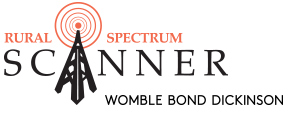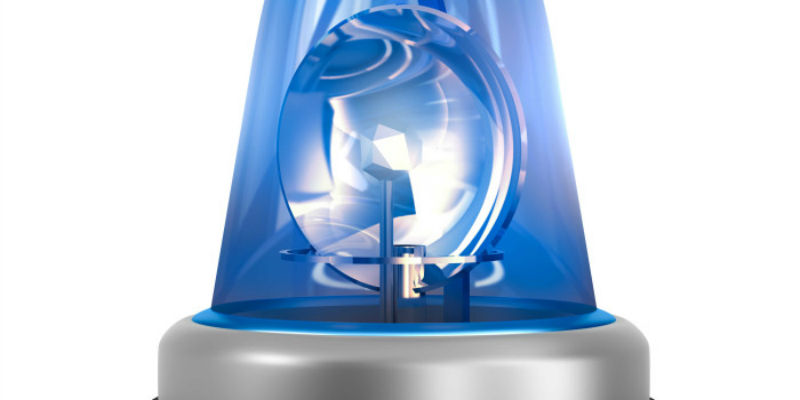The Federal Trade Commission (FTC) has issued a report that recommends best practices for mobile wireless industry participants to protect consumers against unauthorized third-party charges on mobile phone accounts, “an unlawful practice known as mobile cramming.” Cramming has been a priority for the FTC recently. “In six recent enforcement actions, the [FTC] has alleged that such practices have cost consumers many millions of dollars, and in just three of these actions, defendants have agreed to orders imposing judgments totaling more than $160 million.” The report recommends the following five best practices to prevent mobile cramming:
- Give consumers the right to block third-party charges.
- Ensure that advertising, marketing, and opt-in processes for charges are not deceptive.
- Get express, informed consent before charging consumers.
- Clearly display third-party charges on bills.
- Create an effective process for resolving disputes.
The FTC staff report “focuses on the multi-billion dollar business known as carrier billing, which refers to the placement of charges for goods and services of third-party merchants on a mobile phone bill.” It recommends that consumer protections apply to direct carrier billing or any other mechanism for placing third-party charges on consumers’ mobile phone bills.







